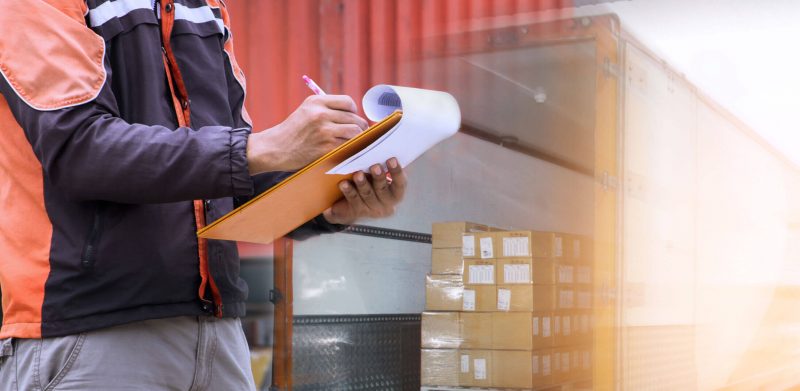
International Trade: Admissibility of Goods
When purchasing goods abroad, you are responsible for verifying their admissibility into the country. Various government departments determine the standards and requirements for a wide range of products. A product that does not comply with standards will have to be returned to the sender or destroyed. A previous article dealt with a man who had imported a trailer that did not meet standards and who was forced to destroy it.
Consider the example of an importer who received his products on untreated wooden pallets that did not conform with ISPM15 standards for wood packaging.
After being denied by the Canada Border Services Agency (CBSA) and the Canadian Food Inspection Agency (CFIA), we were given permission to move the container to a warehouse, remove the goods from the container and place them on other pallets, and then destroy the non-compliant pallets. This allowed the importer to retrieve the merchandise, but he still incurred unforeseen additional costs.
As for the admissibility of products into Canada, it is very important to first check with the government department responsible by consulting the list of controlled goods on the Global Affairs Canada website.
Below are just some of the questions to consider:
- Is an import permit required? For example, for dairy products, chickens, eggs, firearms and ammunition.
- Does the product comply with labelling laws?
- Does your vehicle meet emission control standards?
- Is the item subject to a standard from a private certification body? For example, electrical appliances must be certified by a recognized certification body before they can be sold in Canada.
- Are there applicable provincial regulations? For example, spirits, wine and beer require pre-approval from the appropriate liquor control board before they can be cleared through customs.
It is very important to become familiar with the requirements of these government departments and obtain as much product information as possible in order to verify these items. We recommend that you get the technical data sheets on the product, its composition, ingredients and, if possible, a picture of the label.
Marking is also important, particularly for retail products. Normally, the consumer is entitled to know the origin of the product. Memorandum D11-3-1 on the CBSA website provides guidelines for marking goods: goods for which marking is mandatory, exemptions, and marking methods and rules.
Click here for more information on the following government departments:
- Canada Food Inspection Agency
- Public Health Agency of Canada
- Canadian Nuclear Safety Commission
- Fisheries and Oceans Canada
- Natural Resources Canada
- Environment and Climate Change Canada
- Health Canada
- Transport Canada
For more information, please contact your W2C specialist.